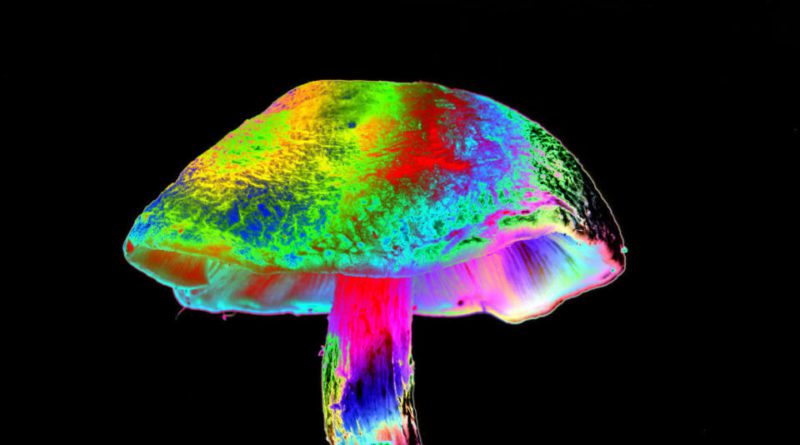A New Type of Magic Mushroom Discovered in Australia
[Please note that this page contains affiliate links. If you choose to purchase after clicking a link, I may receive a commission at no extra cost to you.]
Deep in the Australian outback is a new magic mushroom species — researchers aren’t sure exactly where.
A fungal genetics scientist at the University of Queensland, Dr. Alistair McTaggart, found the mysterious psilocybin mushroom while sifting through some soil samples taken from Litchfield and Kakadu National Parks in Northern Australia.
Looking through the soil samples, he found DNA sequences of a Psilocybe fungus which had yet to be identified.
The unknown species is a part of the genus Psilocybe, and it has genes that suggest it is one of the 200-plus species of mushroom known to have psilocybin, the natural psychedelic compound.
Although only microbial traces of the psilocybin were found in the soil, so the appearance and exact characteristics remain unknown.
Dr. McTaggart thinks that Kakadu’s mysterious magic shroom might resemble Psilocybe brunneocystidiata. The psychedelic mushroom was found deep in rainforests in Papua New Guinea in the early 1970s.
The new finding came about through a project that studies the distribution of the known magic mushroom, Psilocybe cubensis, also referred to as gold tops. Although this shroom now grows in the wild across Australia, Asia, and the Americas, researchers aren’t sure where the species originated.
Gold tops grow on top of cow poop, often found on cow farms. Interestingly, the distribution of this mushroom overlaps with the types of a bird species linked to cows, named the Cattle Egret (Bubulcus ibis). This bird’s extensive travels might be because it helped the gold tops grow throughout many corners of the globe.
Another area of McTaggart’s work is creating the first alive collection of Australia’s native psilocybin mushrooms, an area that remains very little-known.
“We aren’t certain of the psilocybin mushroom biodiversity throughout Australia,” Dr. McTaggart stated.
“We don’t even know how many shroom species produce psilocybin.”
Carefully studying magic mushroom genetics may help researchers detect characteristics that may be useful for research into psychedelic therapies.
A fast-growing body of research has shown recently that psychedelic mushrooms may be an effective therapy for various mental health conditions, such as PTSD and treatment-resistant depression.


